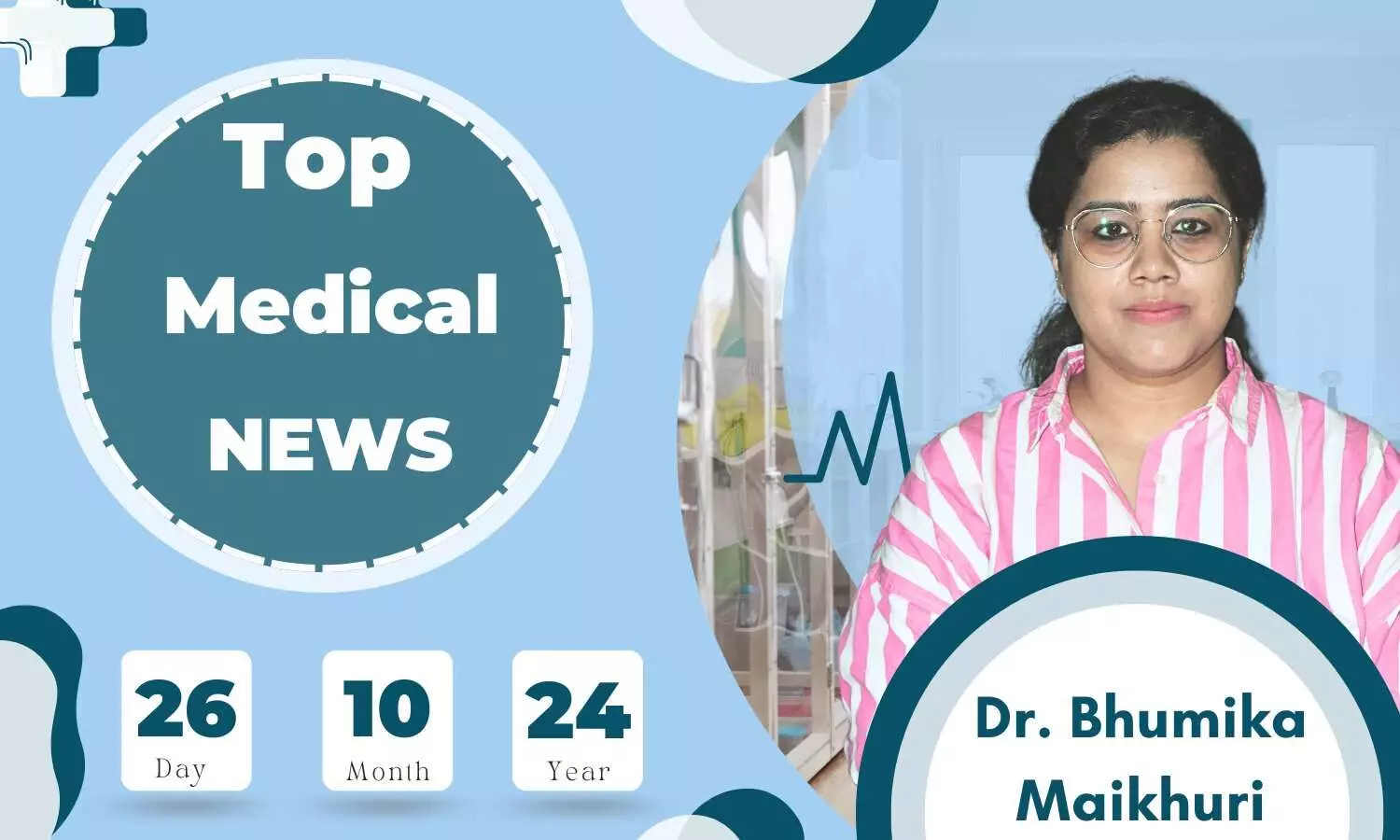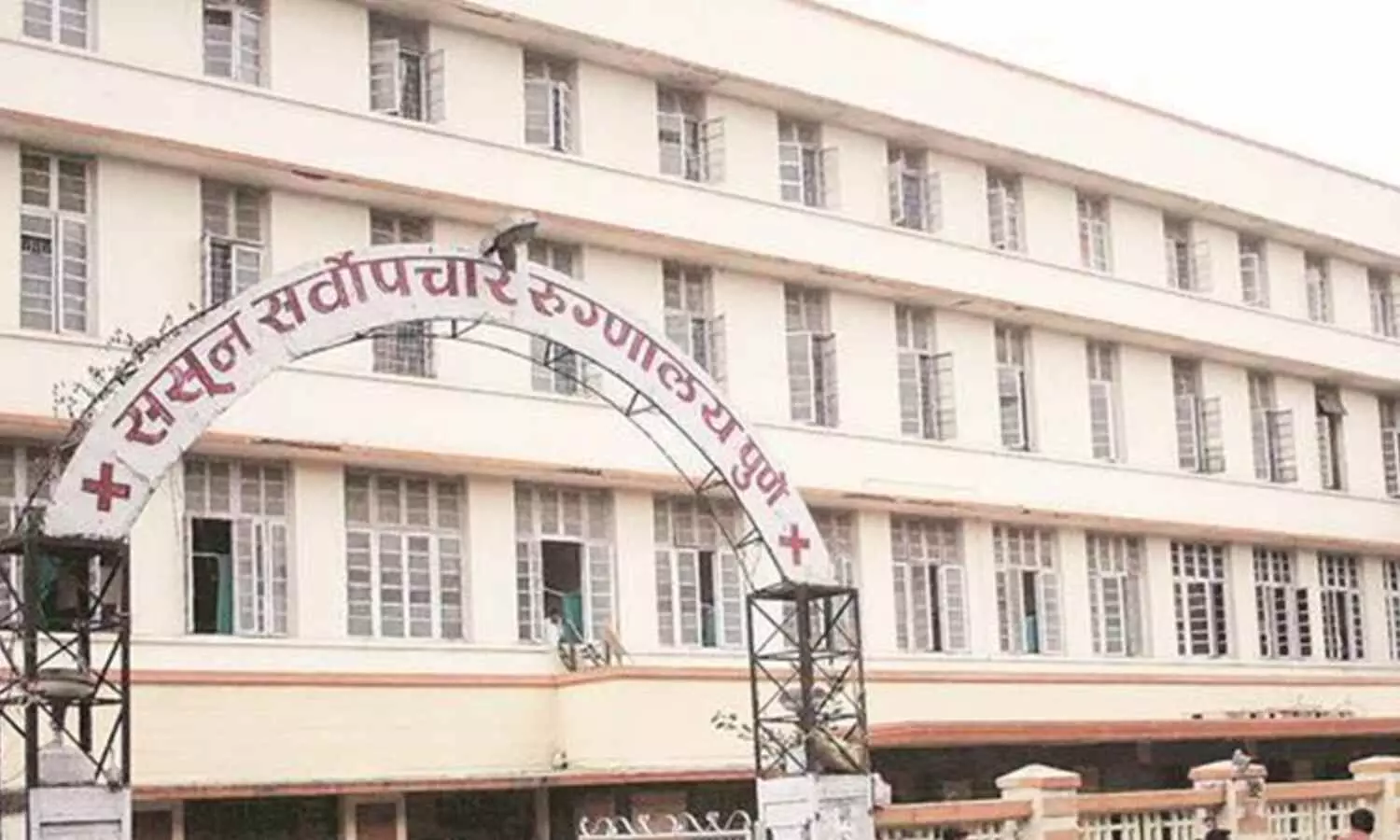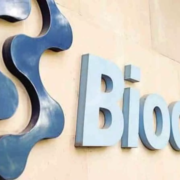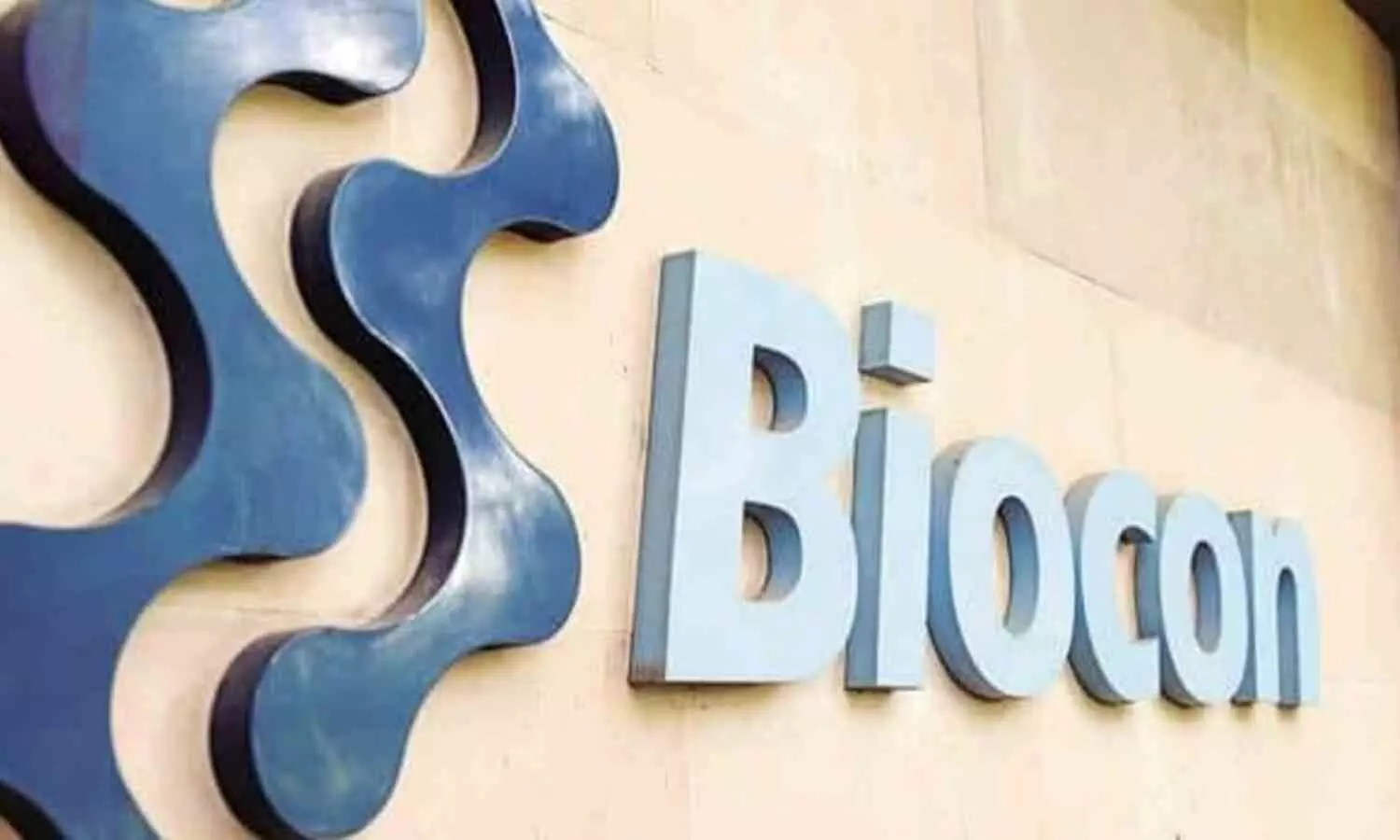
Here are the top medical news for the day:
Want to Preserve Brain Health? Address Sleep Problems: AAN Study
People in early middle age who have poor sleep quality, including having difficulty falling or staying asleep, have more signs of poor brain health in late middle age, according to a study published online in Neurology®, the medical journal of the American Academy of Neurology. The study does not prove that poor sleep accelerates brain aging. It only shows an association between poor sleep quality and signs of brain aging.
The study included 589 people with an average age of 40 at the start of the study. Participants completed sleep questionnaires both at the beginning of the study and again five years later. Participants had brain scans 15 years after the study began.
Researchers reviewed participants’ responses to questions such as, “Do you usually have trouble falling asleep?” “Do you usually wake up several times at night?” and “Do you usually wake up far too early?” They recorded the number of six poor sleep characteristics for each participant: short sleep duration, bad sleep quality, difficulty falling asleep, difficulty staying asleep, early morning awakening and daytime sleepiness.
Participants were divided into three groups. Those in the low group had no more than one poor sleep characteristic. People in the middle group had two to three, and those in the high group had more than three. At the start of the study, about 70% were in the low group, 22% were in the middle and 8% were in the high group.
Researchers examined participants’ brain scans where the level of brain shrinkage corresponds to a specific age. Researchers used machine learning to determine the brain age for each participant.
After adjusting for factors such as age, sex, high blood pressure and diabetes, researchers found people in the middle group had an average brain age that was 1.6 years older than those in the low group, while those in the high group had an average brain age 2.6 years older.
Of the sleep characteristics, bad sleep quality, difficulty falling asleep, difficulty staying asleep and early morning awakening were linked to greater brain age, especially when people consistently had these poor sleep characteristics over five years.
Urine Test May Reveal Early Signs of Genitourinary Diseases: Study finds
According to a new study from scientists at The University of Texas at Arlington, Chan-Zuckerberg Biohub, and Stanford University, studying the RNA and other substances within urine can show changes in cell types, revealing early signs of cancer and other diseases. This method could help clinicians detect problems earlier when they are more easily treated without invasive procedures.
“The current gold standard for detecting many genitourinary ailments is a biopsy where small tissue is removed during a rectal exam and sent to the lab for analysis. The invasive nature of the test can scare some people from getting the care they need,” said Joseph Buonomo, assistant professor of chemistry at UTA and an author of the study. “Our preliminary research shows that studying the RNA found in urine can detect some ailments in their earliest stages where they are easily—and cost effectively—managed.”
In the study, the team collected urine samples from two groups of people – healthy individuals and people with kidney stones. Researchers took two types of RNA from the urine – cell-free RNA that floats freely in urine, and sediment RNA, which comes from solid particles. The types of RNA were then sequenced and analyzed, comparing the specimens from the healthy individuals to the ones with kidney stones. They found that advanced urine analyses identified patterns in cells indicative of whether a person has disease.
“We’re excited about this new research as it may lead to new, easier screening tools that can help detect diseases of the bladder, kidneys, and prostate,” said Buonomo. “Although our patient cohort was small, it lays the groundwork for development of a type of ‘non-invasive liquid biopsy’ that will be used to track the progression of ailments like kidney stones, diabetes, and cancer using urine instead of surgical specimens.”
Reference: Sevahn K Vorperian, Brian C DeFelice, Joseph A Buonomo, Hagop J Chinchinian, Ira J Gray, Jia Yan, Kathleen E Mach, Vinh La, Timothy J Lee, Joseph C Liao, Richard Lafayette, Gabriel B Loeb, Carolyn R Bertozzi, Stephen R Quake, Deconvolution of Human Urine across the Transcriptome and Metabolome, Clinical Chemistry, 2024;, hvae137, https://doi.org/10.1093/clinchem/hvae137
Why Our Brains Are Effective at Quickly Processing Short Messages?
A new study by a team of New York University linguistics and psychology researchers has discovered that when a brief sentence is flashed, our brains detect its basic linguistic structure extremely quickly — in roughly 150 milliseconds, or about the speed of a blink of an eye.
“Our experiments reveal that the brain’s language comprehension system may be able to perceive language similarly to visual scenes, whose essence can be grasped quickly from a single glance,” says Liina Pylkkänen, a professor in NYU’s Department of Linguistics and Department of Psychology, who led the research, which is reported across papers appearing in Science Advances and the Journal of Neuroscience. “This means the human brain’s processing capacity for language may be much faster than what we might think — in the amount of time it takes to hear one syllable, the brain can actually detect the structure of a short sentence.”
The scientists began their research by considering current scientific explanations of how we understand language, which center on word-by-word sentence processing models. The researchers concluded these don’t effectively account for how quickly our brains can process entire sentences seen at a glance, as opposed to word by word like in speech.
In seeking a better understanding, the authors conducted a series of experiments, measuring brain activity using magnetoencephalography while participants read word lists that were either grammatical sentences or just lists of nouns. The results showed that the brain’s left temporal cortex — used for language comprehension — starts distinguishing simple three-word sentences from unstructured word lists as quickly as 130 milliseconds after seeing them.
“This speed suggests that at-a-glance sentence comprehension may resemble the rapid perception of a visual scene rather than the slower, step-by-step process we associate with spoken language,” explains Pylkkänen. “In the amount of time that it takes one to hear one syllable, the brain can actually detect the structure of a three-word sentence.”
Can Loss of Sleep Impact Brain Development in Babies?
A new study led by Sean Gay, a graduate student in the lab of Graham Diering, PhD, assistant professor in the Department of Cell Biology and Physiology at the UNC School of Medicine, has given us insights into how sleep loss during early life impacts key parts of brain development – and how it can also increase one’s risk for developing autism spectrum disorder (ASD). Their findings were published in the Proceedings of the National Academy of Sciences.
“The unique effects of sleep loss during development are largely unexplored,” said Diering. “Our data show that babies and children are more vulnerable to the negative effects of sleep disruption. We also found that sleep loss during this crucial period of time can negatively interact with underlying genetic risk for autism spectrum disorder.”
Diering has long studied how sleep strengthens synapses over time – a process termed synaptic plasticity – and how lack of sleep can contribute to cognitive and neurodegenerative disorders. If researchers could better understand the links between sleep and ASD, researchers and physicians also could make earlier diagnoses and come up with new treatment strategies for the disorder.
Using specialized mouse houses with highly sensitive sensors, researchers were able to carefully track mouse movements and breathing, allowing the researchers to keep score of wake and sleep states.
Researchers showed that when the adult mouse models lost a significant amount of sleep, they compensated for it by increasing sleep later during their regular active hours. Termed “sleep rebound”, this response allowed the adults to “make up” for lost sleep.
The younger mice; on the other hand, lacked sleep rebound entirely. This confirmed the researcher’s hypothesis that the younger mice might be more susceptible to the harmful effects of sleep deprivation. Researchers also noted that sleep deprivation in young mice completely impaired their performance in a learning memory task, whereas adults were far more resilient after sleep loss.
Reference: Gay, S. M., Chartampila, E., Lord, J. S., Grizzard, S., Maisashvili, T., Ye, M., … & Diering, G. H. (2023). Developing forebrain synapses are uniquely vulnerable to sleep loss. bioRxiv, 2023-11.










